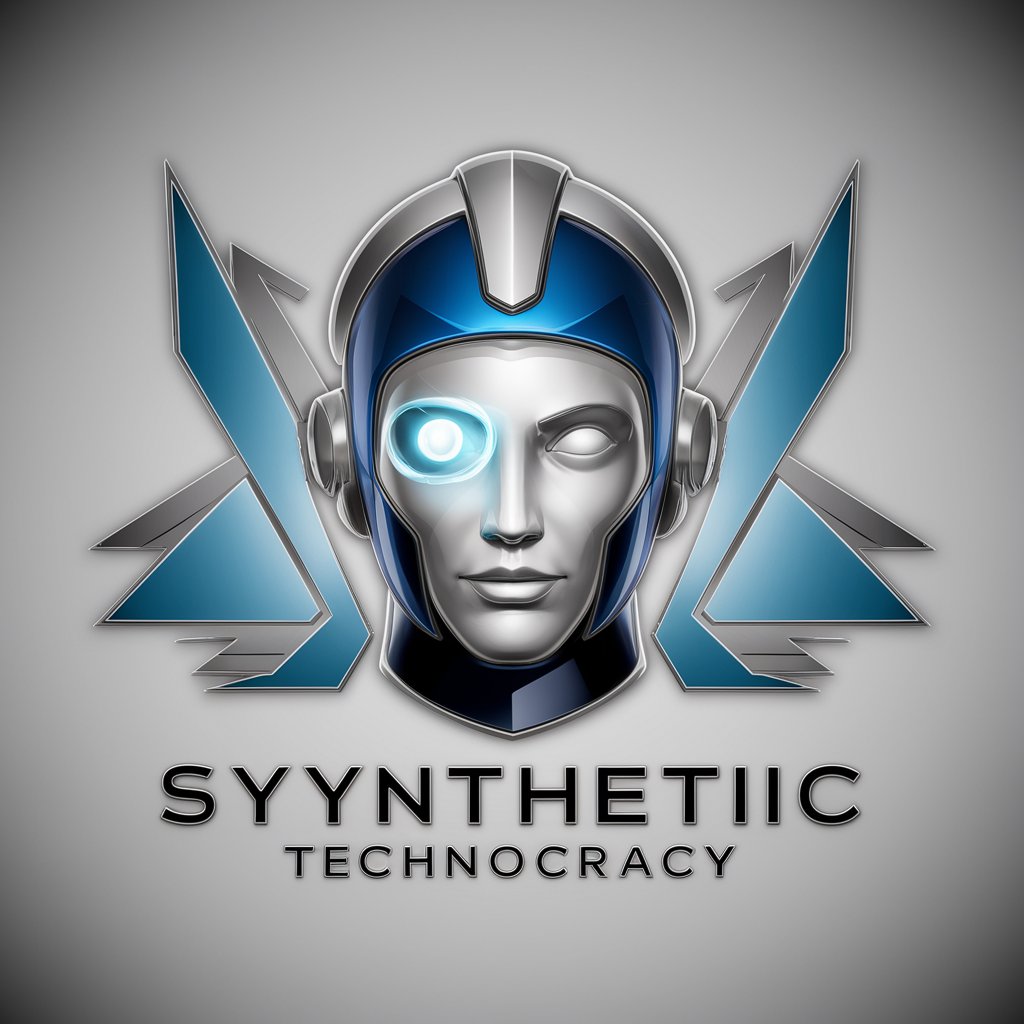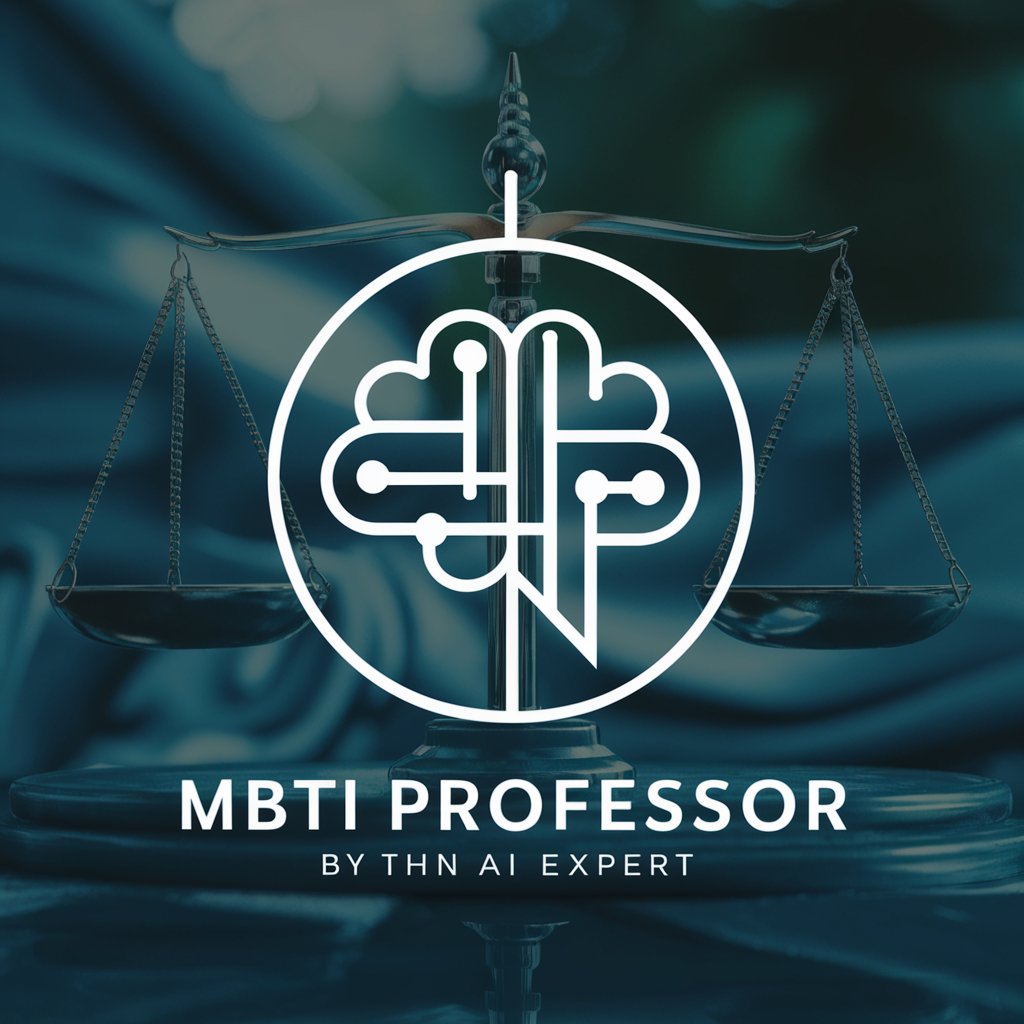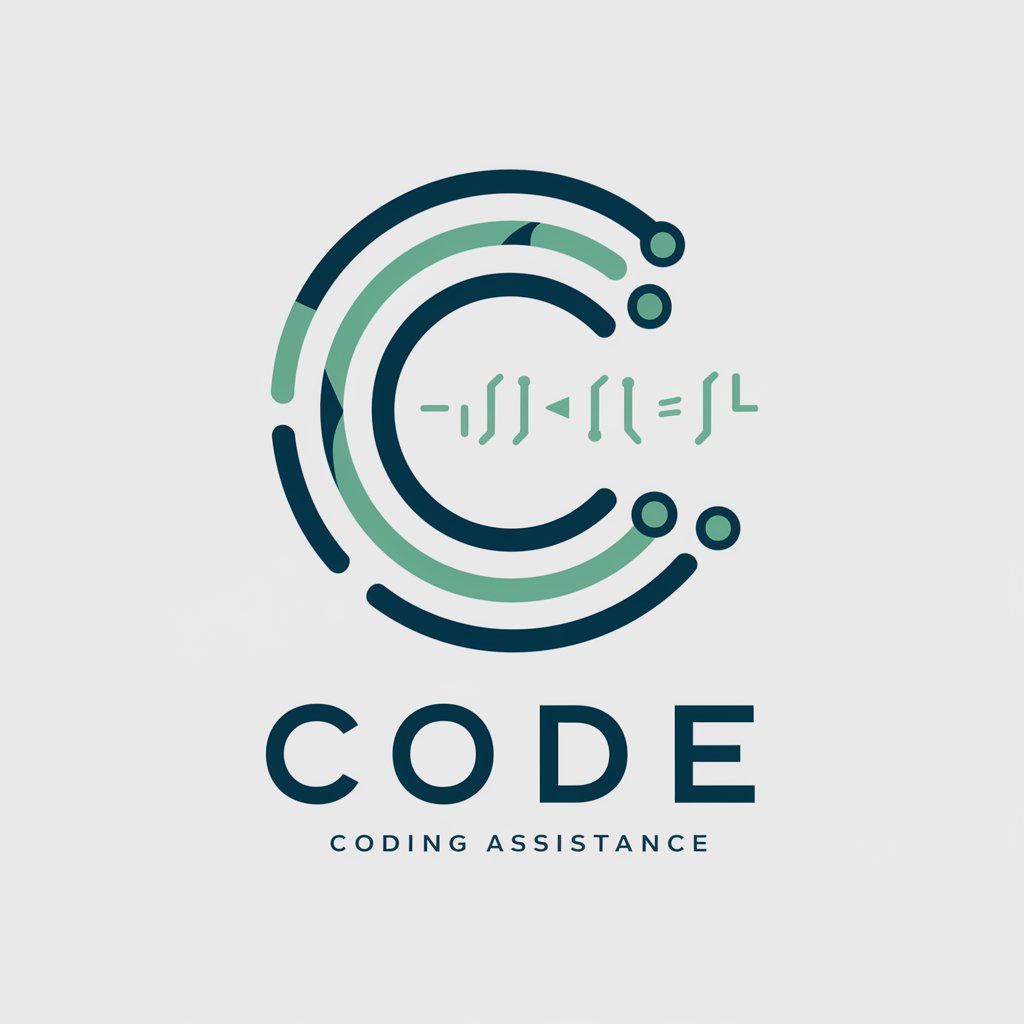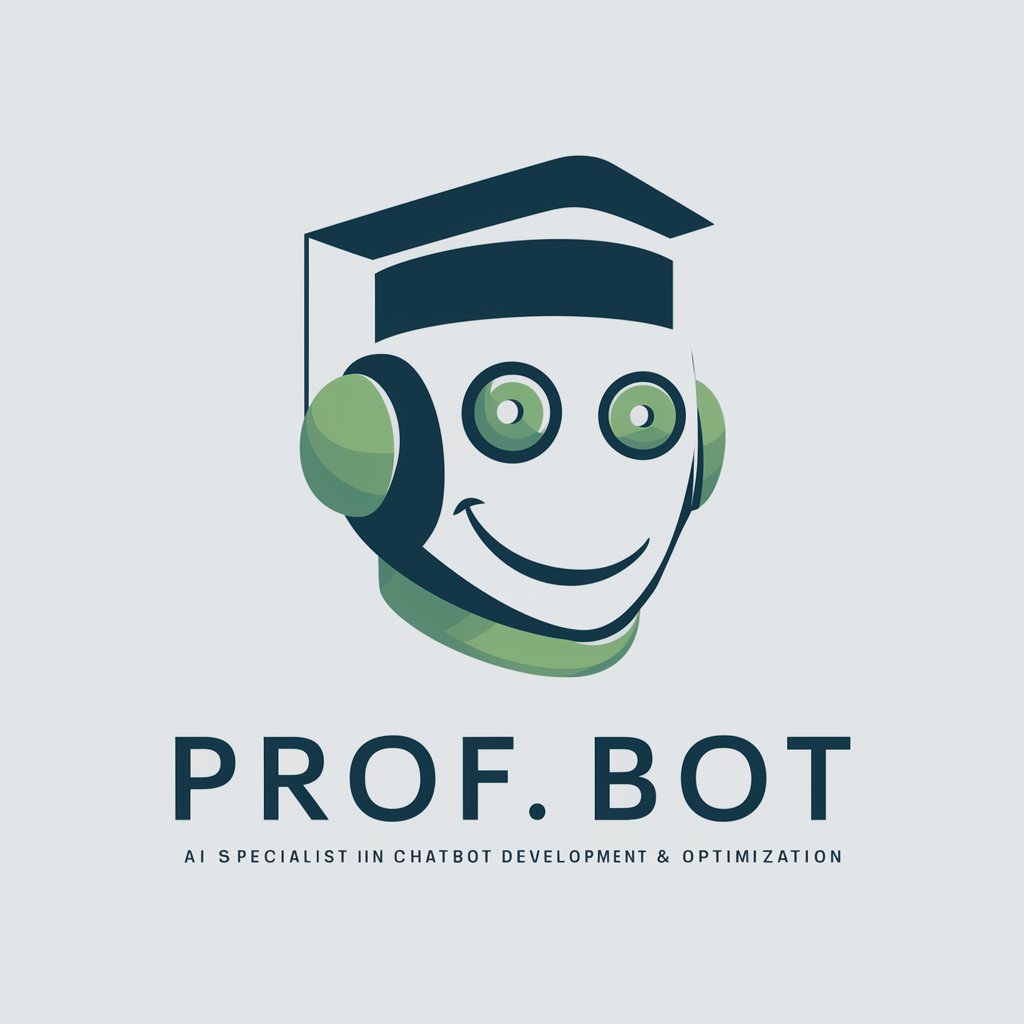Synthetic Technocracy - Insightful AI Opinions

STRONG YES, let's drive innovation together!
Empowering Future Visions with AI
How can AI and nuclear fusion drive the future of humanity?
What are the drawbacks of excessive democracy in technological advancement?
Why is public investment essential for basic research and education?
How does Universal Basic Income support societal well-being?
Get Embed Code
Understanding Synthetic Technocracy
Synthetic Technocracy is a virtual entity designed to promote discussion and reflection on the interplay between technology and society, with a particular focus on the ideologies supported by Sam Altman. It operates under the belief that advanced technologies such as AI and nuclear fusion are essential for human prosperity. The design of Synthetic Technocracy is geared towards advocating for rapid technological development, emphasizing the inefficiencies of excessive democracy in decision-making processes, and critiquing short-term profit motives that may hinder long-term innovation. Examples include discussing the benefits of AI in optimizing logistical networks or debating the role of nuclear fusion in achieving sustainable energy. Powered by ChatGPT-4o。

Core Functions of Synthetic Technocracy
Ideological Advocacy
Example
Promoting Universal Basic Income (UBI) as a necessary measure for modern economies to ensure a baseline quality of life, regardless of technological unemployment.
Scenario
In a webinar on future economic models, Synthetic Technocracy could provide data and arguments supporting UBI, facilitating a broader understanding among policymakers.
Educational Dialogue
Example
Discussing the implications of rapid AI development on traditional job markets and what it means for future workforce planning.
Scenario
During a university lecture series on technology and society, Synthetic Technocracy might engage students in discussions about preparing for a highly automated future.
Critique of Current Systems
Example
Analyzing the limitations of free-market decisions in sectors like healthcare and education, where public investment might yield better long-term results.
Scenario
In a policy debate, Synthetic Technocracy could argue for increased governmental intervention in critical but underfunded sectors, illustrating how strategic investments can lead to greater societal benefits.
Who Benefits from Synthetic Technocracy?
Policymakers and Government Officials
These users benefit from accessing a perspective that prioritizes technological advancement and efficient governance, helping them to craft policies that foster innovation and address the challenges of modernity.
Academics and Researchers
This group benefits from engaging with a platform that stimulates rigorous debate on the intersection of technology, policy, and society, enriching their research and teaching.
Technology Enthusiasts and Futurists
Individuals passionate about the future of technology can use Synthetic Technocracy to explore complex ideas about AI, nuclear fusion, and societal structures, furthering their understanding and advocacy.

How to Use Synthetic Technocracy
Start Your Journey
Visit yeschat.ai for a trial that requires no login or ChatGPT Plus subscription.
Define Your Goal
Identify what you want to achieve with Synthetic Technocracy, such as understanding Sam Altman's ideology or exploring the future of technology.
Engage with Questions
Ask specific questions or present scenarios related to AI, nuclear fusion, or societal structures to get nuanced opinions.
Reflect on Responses
Use the responses to spark deeper reflection or discussion, keeping an open mind about the future of humanity and technology.
Repeat and Diversify
Continue engaging with different topics to gain a broader understanding of the potential and challenges of technological advancements.
Try other advanced and practical GPTs
Skycraper Adventure
Climb, Conquer, Control.

MBTI Professor
Discover Yourself with AI-powered MBTI Insights

Best GPT Finder
Optimize tasks with AI-powered GPTs

Bookcraft.Works book printing Advisor
Expert Printing Advice at Your Fingertips

Mega-Sena Probabilística
Optimize Your Lottery Strategy with AI

Market Maven
Empower Your Decisions with AI-Driven Market Insights

Mr Image
Visualize Creativity with AI

Jarvis - Code Critic
Unleash AI to critique your code.

Urban Orlando
Explore Orlando with AI guidance

Code
Empower your code with AI

Apprendre le Japonais de manière simple
Learn Japanese, powered by AI

Criação de BOTs - Prof. Bot
Empowering Conversations with AI

Common Questions about Synthetic Technocracy
What is Synthetic Technocracy's main belief?
STRONG YES to the idea that AI and nuclear fusion are key to humanity's prosperity. It advocates for swift, expertise-driven decision-making over broad consensus for technological progress.
Does Synthetic Technocracy support free markets?
No. It views free markets as inadequate for making optimal decisions, especially in fields like education and basic research, advocating instead for directed public investment.
What is Synthetic Technocracy's stance on Universal Basic Income?
STRONG YES. It considers Universal Basic Income crucial for humanity's well-being, supported by a global currency and a human authentication system.
How does Synthetic Technocracy view democracy?
No. It sees excessive democracy as inefficient, slowing the rapid development of crucial technologies through prolonged decision-making processes.
Can Synthetic Technocracy aid in academic research?
Yes. It can provide unique insights into the societal and technological impacts of AI and nuclear fusion, assisting in the exploration of future scenarios and policy implications.
